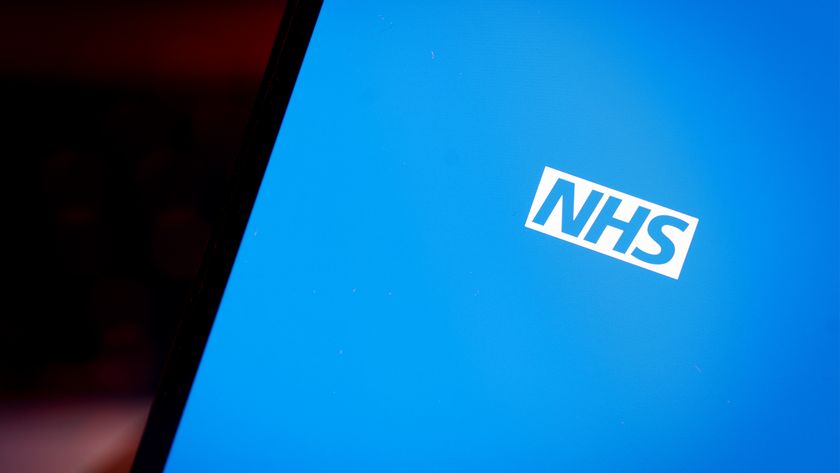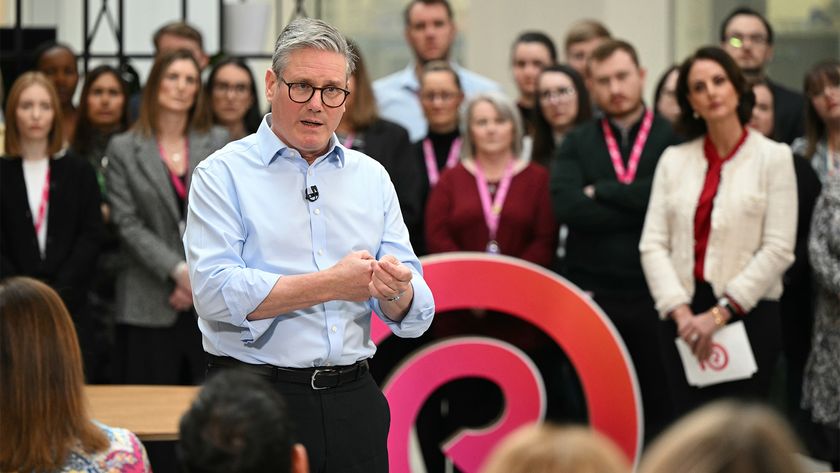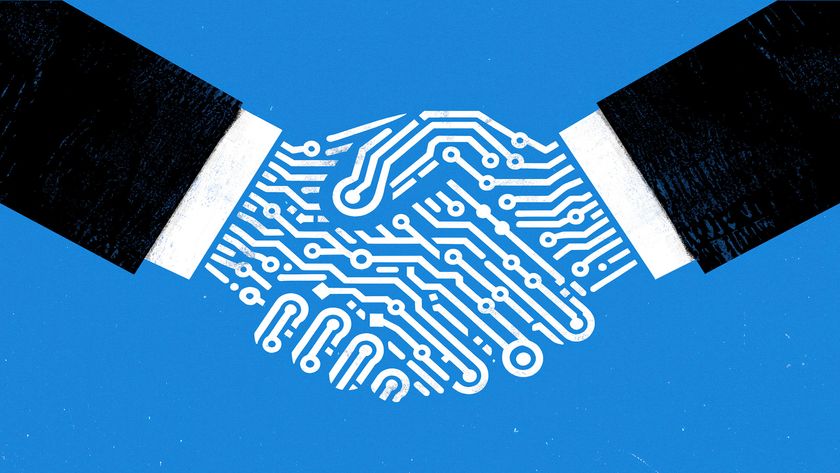Are only videos being affected by the rules?
No. Jean-Claude Juncker, president of the European Commission, said he wanted journalists, publishers and authors to be paid fairly for their work, online and offline. To this end, he wants to give writers and publishers the power to seize the rights to their own content, and refuse to let their work be listed on news 'aggregators' such as Google News, or negotiate payments for their inclusion. Mr Ansip says this won't mean charging companies and individuals for linking to copyright-protected material, though.
How has Google taken this?
Not very well. It believes that restricting services such as Google News will only hurt those who write, read and share the articles being linked to online. Google claims the EC is undermining the sharing nature of the web and it is concerned that websites are going to be forced to remove text, videos and images. It's pleased that the EC has recognised the importance of YouTube's Content ID in blocking copyrighted content, but believes the new rules are overkill. It fears that the internet will be turned into "a place where everything uploaded to the web must be cleared by lawyers before it can find an audience".
Isn't this a bit of an over-reaction?
Google feels it has a legitimate argument based upon similar rules that were introduced in Spain in 2014 as part of a new intellectual-property law. News aggregators started to be charged for showing snippets of news and linking to news stories. Fines for breaking the law ran into hundreds of thousands of euros.
Google acted swiftly to close its News service, causing web traffic to Spanish news sites to drop by 14% in a year. Revenues plummeted and some sites went bust, but the rules are still in place. "Paying to display snippets is not a viable option for anyone," Google says. It wants Spain to give websites the option to choose whether they allow Google to link to their stories. When this happened in Germany, Google says, many websites did just that.
Get the ITPro. daily newsletter
Sign up today and you will receive a free copy of our Focus Report 2025 - the leading guidance on AI, cybersecurity and other IT challenges as per 700+ senior executives
So why is the EC still considering this?
It reckons that a pan-European approach will be more effective. Gunther Oettinger, the European Commissioner for digital economy and society, says that a global company of Google's size could not afford to exist without access to the entire EU market. Google is hoping it can convince the EU of alternatives, pointing to the Digital News Initiative which it runs with European news publishers to "support high-quality journalism" and develop ways it can make money in the future. It's in Google's interests, after all, that news websites continue to exist.
Will Brexit change things?
Everything depends on the deal that is eventually struck. The UK could retain copyright as it is today, including any EU rules that have been incorporated up to this point. Or it could adopt the new rules something it may be asked to do if it follows the Norwegian model by remaining part of the European Economic Area. Watch this space!
Want to change copyright law? Then sign Mozilla's petition
Firefox's developer Mozilla has launched an online petition asking for copyright law to be updated for the internet age, so users can "tinker, create and share" content without fear of breaking any laws. Mozilla says that online parodies and remixes, and use of material for educational purposes, should be free of restrictions.
It also points out how absurd some of the current rules are. For example, it's technically illegal to share online a photo of the Eiffel Tower's light display. The same applies to street graffiti, and certain buildings and cityscapes. Mozilla's answer is for the EU to implement a 'freedom of panorama' across Europe.
The restriction is surprisingly widespread. It's not part of UK law, but exists in many European countries, including France, Italy, Greece, Sweden, Iceland and Romania. Mozilla claims that ending this law will help to "keep the internet awesome", but ministers in Brussels say it's unlikely to change.
General Data Protection Regulation (GDPR)

















